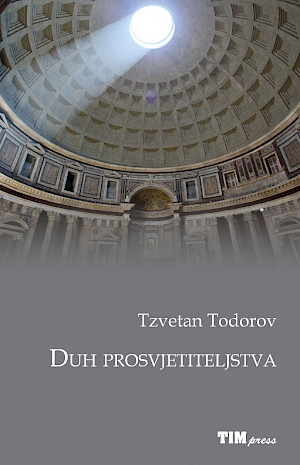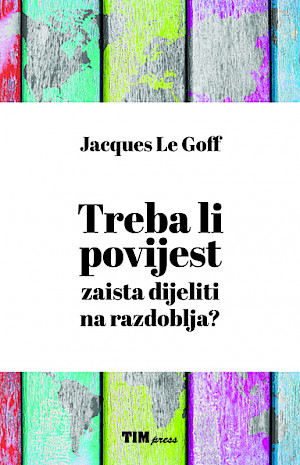
Did the Greeks Believe in Their Myths?
- An Essay on the Constitutive Imagination
- Paul Veyne
Did the Greeks Truly Belive their Myths? is the work of Paul Veyne, a French archaeologist and historian, an expert in the history of ancient Rome. Vayne was a student at École Normale Supérieure and a member of the French Academy in Rome (1955 - 1957) and currently enjoys the position of honorary professor at the College de France. This seemingly narrowly specialized title hides a philosophical essay about the nature of our world view. What is the truth and is it possible that there are multiple truths? Has the idea of truth in its modern sense existed in ancient times? When did modern history ever begin and what are its methods? What do we consider to be myth, and what is science (Einstein, Freud, etc.) that develops again from its own mythology?
The search for the author begins with the cradle of civilization. Is it possible that the Greeks, the wise ancestors from which we inherited the Reason, believed in Titans, the Cyclops and the heroes that make up their mythology? By opening up such questions, Paul Veyne writes a fascinating study of the status of truth as "the most historical experience possible". By studying the nature of myths, the modality of their reception, their probability criteria and the two-sided skepticism that emerged from them, Paul Veyne explores the connections of these narratives with historiography, the other type of discourse that claims to unify and collect the knowledge of the past events. In the end, the Paul Veyne's book deals more with our own beliefs than with analyzing the credulity of the ancient Greeks.
Paul Veyne, born June 13, 1930 in Aix-en-Provence, a French archaeologist and historian, an expert in the history of ancient Rome. He was a student at École Normale Supérieure and a member of the École française de Rome (1955 - 1957) and currently holds the position of honorary professor at the Collège de France. Some of his most famous works are Comment on écrit l'histoire: essai d'epistemologia (1970), Le pain et le cirque (1976), L'inventaire des differences (1976), Les Grecs ont-ils cru à leurs mythes?(1983), L'Elegie érotique romaine (1983), La société romaine (1991), Sexe et pouvoir à Rome(2005), L'empire Greco-Roman (2005), Foucault, sa pensée, sa personne (2008), Palmyre. L'irremplaçable trésor (2015).
- ISBN: 978-953-8075-30-8
- Dimensions: 128x200 mm
- Number of pages: 232
- Cover: paperback
- Original title: Les Grecs ont-ils cru à leurs mythes? Essai sur l'imagination constituante
- Original language: French
- Translation: Jelena Butković
Related titles

The Spirit of the Enlightenment

Must we divide history into periods?
